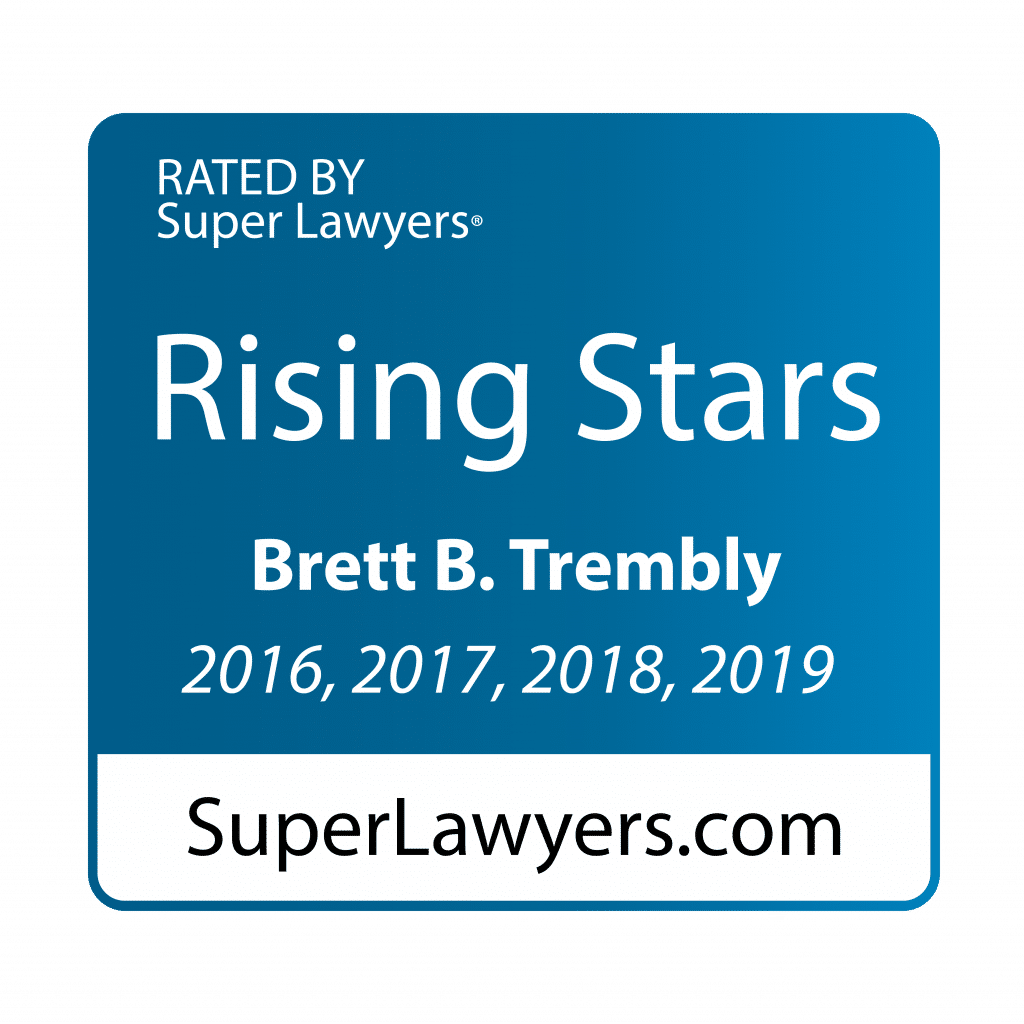Turning your business into an LLB, LLC, sole proprietorship, partnership or corporation is not necessarily simple. Even if you make the decision on which type of business is best for your interests, you still have to go through a lot of paperwork. You want to consider viable alternatives.
The process, called incorporating, requires abiding by both state and federal laws. An incorporator is someone who handles the details when you choose to turn your business into a corporation. They agree to take on the responsibility, whether or not they previously had an integral stake in the business.
Companies can reap many benefits from going corporate. For one, the new status can protect legal owners from liability. For another, only the entity itself can manage taxes, assets, and finances. An owner can avoid paying high personal income taxes if they set up an LLC for themselves, as one example, while doing freelance work.
When incorporating, there are many issues to be resolved, and many questions to be answered. Sometimes, those involved in forming a corporation struggle with decisions and answering the right questions. For example, many times, an incorporator does not know that he does not have ownership rights simply through the virtue of their title. Therefore, it is important for incorporators to understand what their rights are, and how ownership rights are not automatic. This is just one of the many items that you need to consider when incorporating your business.
Who Are Incorporators?
Incorporators can be either an individuals or entities. They can also have any role in the business or be hired for this temporary process. Either way, they are responsible for the incorporation process, and this is a huge responsibility, as their signature is necessary to properly file the articles of incorporation.
What does the incorporation process involve? For starters, the incorporator must choose a board of directors. These individuals are responsible for making important business decisions such as opening a new department or shutting down a project. Each decision must serve the company’s best interests.
In most states, including Florida, the life of a corporation does not begin until after the articles of incorporation have been filed. Therefore, the incorporators’ job is immensely important at the outset of the corporation. However, their involvement technically ceases after the corporation has been established with the state.
Incorporator Vs. Owner
Typically, incorporators are the actual owners of the business. In such a situation, although they begin as incorporators with very little rights, they become the owners of the corporation once its existence begins. Therefore, they retain rights once the corporation has begun, but only because they have taken on a different role.
However, incorporators may sometimes be individuals hired simply for the incorporation process, known as dummy incorporators. Some can be attorneys, like the ones at Trembly Law Firm. Others can be regular business executives or even a neutral party. The reasons are that such a person can focus on the nuts and bolts and not have to balance duties with those related to running the business itself.
These can be individuals that specialize in the process and seek to ensure it is done properly. Often times, these dummy incorporators are retained from a law firm. Once the incorporation is complete, their power over the corporation ceases, and they do not receive ownership rights.
Incorporator Vs. Shareholder
A shareholder is an individual who owns a percentage of your company, in a given case where the board of directors decides to issue shares. The number of shares that they are issued determines how much power they have or how many dividends they receive. While a shareholder can become an incorporator, it isn’t a guarantee. Shareholders always have power as long as their shares are not diluted.
In addition, while an incorporator chooses a board of directors, shareholders vote on them. One such example is when Apple, Inc. voted to remove Steve Jobs from their board of directors. Under corporation laws, the shareholders had the right to vote on that decision.
In sum, being an incorporator does not necessarily entitle you to ownership rights within the corporation. You are holding a position while a business is in flux, and that position may not last once the corporation papers are settled. This is many times an oversight by those involved in ensuring the smooth incorporation of the company.
However, every process of incorporation is extremely important and the task should not be left to just any individual who wishes to be given a title. If you do not have the experience, you may want to hire outside individuals just for the process. Remember, that individual(s) will eventually then lose their ownership rights once the existence of the corporation begins.
Registered Agent and Incorporator
A registered agent is an individual who must receive legal correspondence during the business’s regular hours. They have to constantly be available so as to make that decision. A registered agent is much like a doctor who is on call during the regular nine to five.
While an incorporator can also serve as a registered agent, they don’t necessarily have to be. In contrast, their duties end the minute that they have filed the relevant articles, and don’t usually have a permanent position in the company once the filing is complete.
Organize Your Board of Directors with Trembly Law Firm Help
The Trembly Law Firm has years of experience assisting clients in incorporating their companies. All of our attorneys know the nuances of business rules and regulations, and we help our clients with optimizing their practices so that they can focus on maximizing their business.
Call the Trembly Law Firm today to schedule your consultation. You can find the best business structure for your business, a reliable incorporator, and attorneys that will educate you on the necessary laws and paperwork.

















